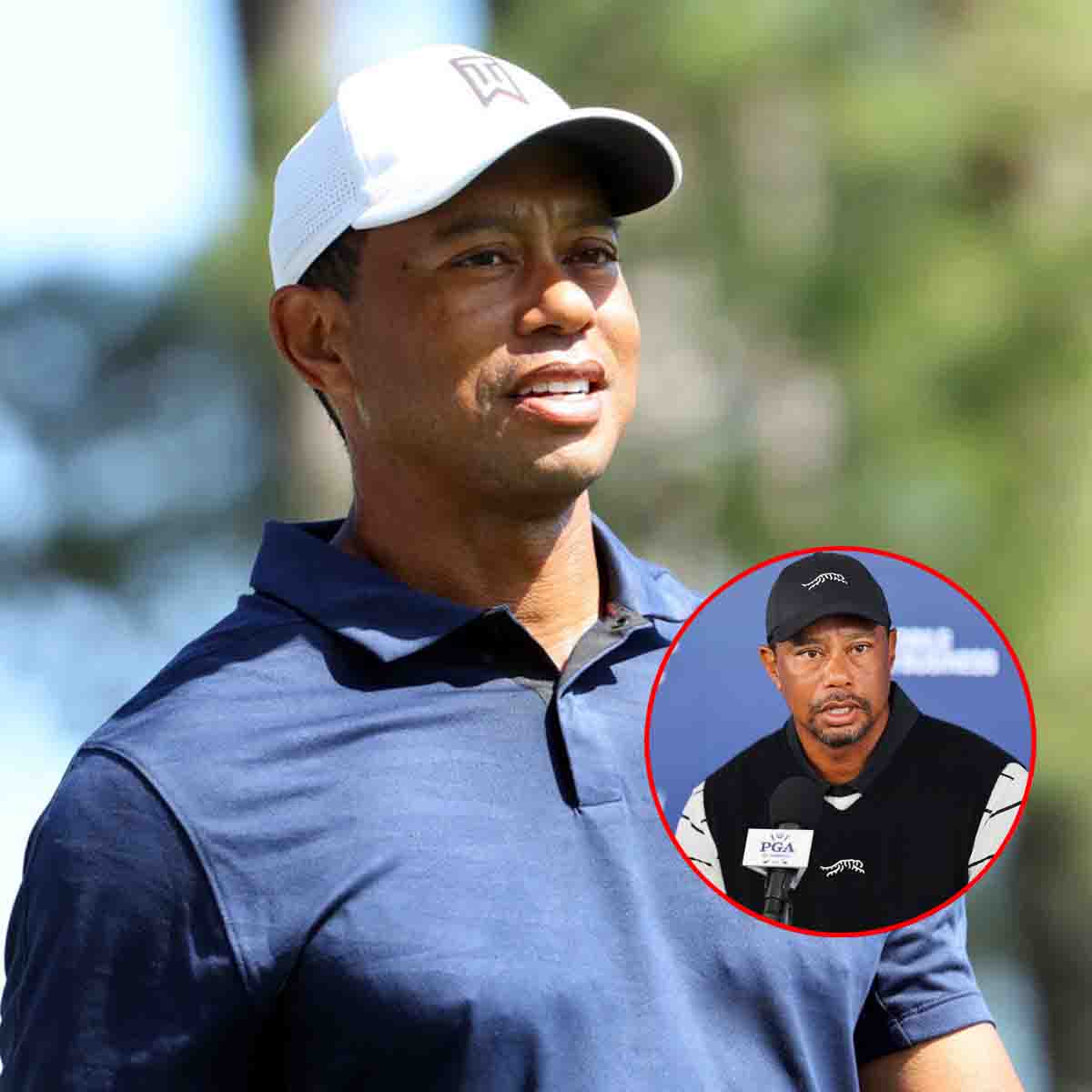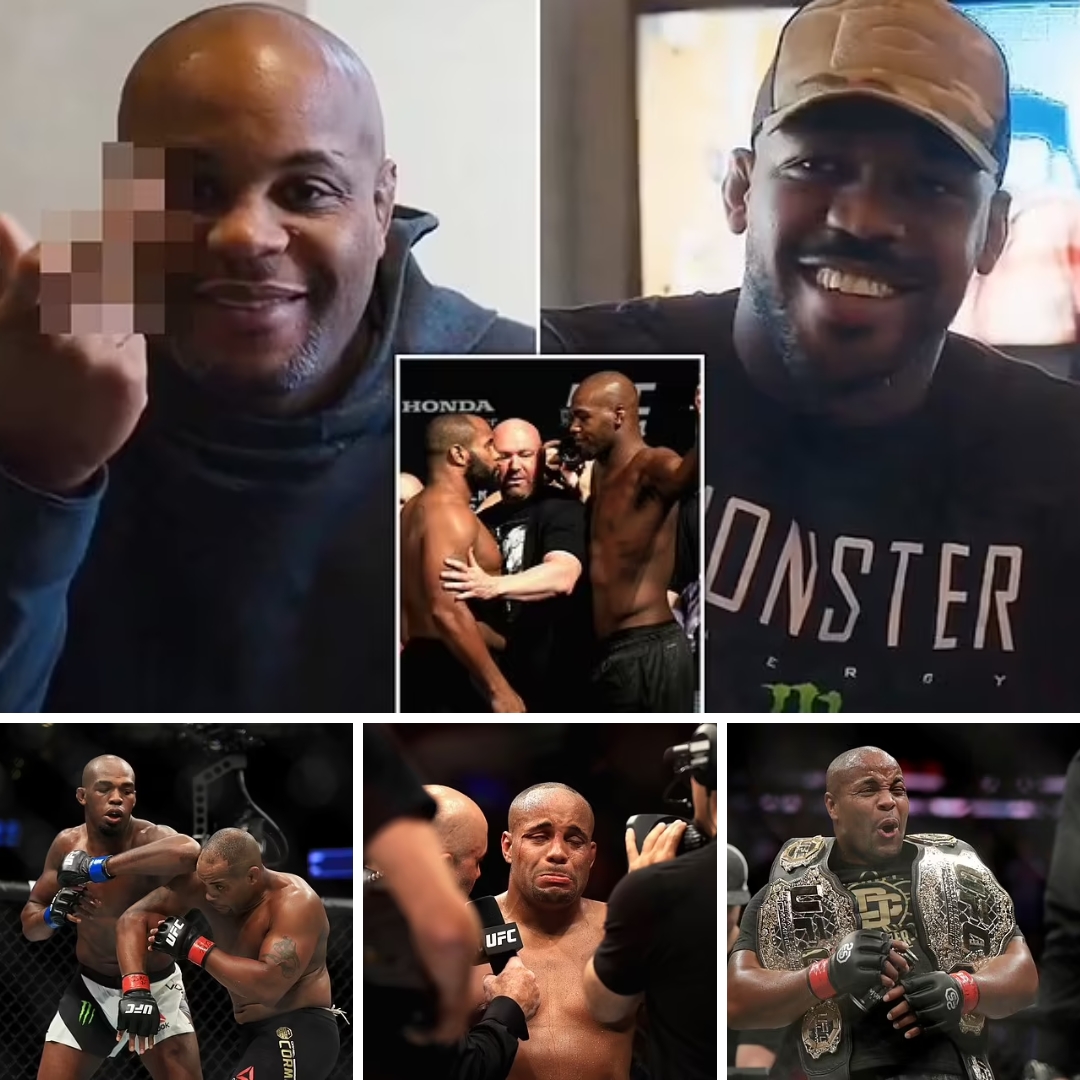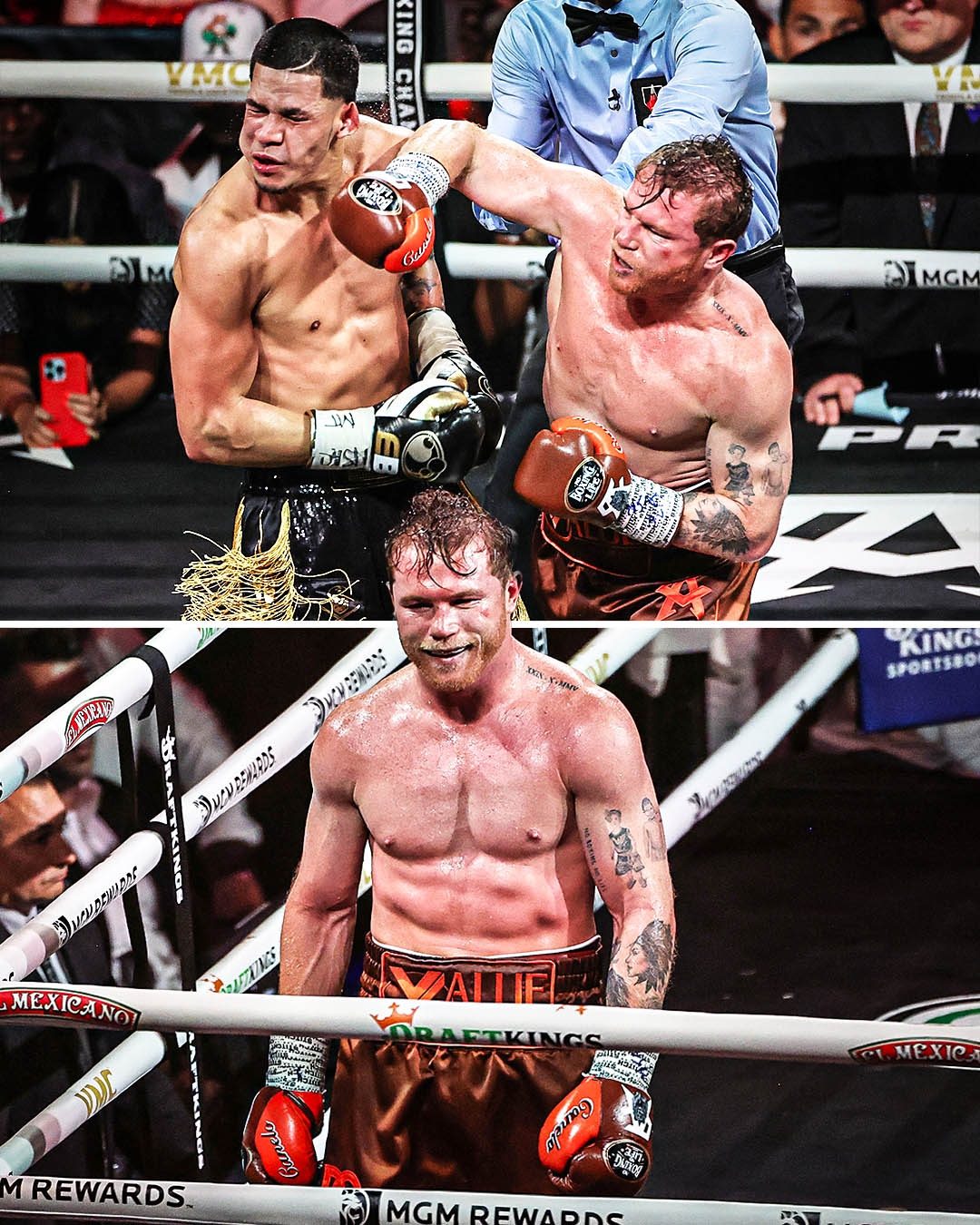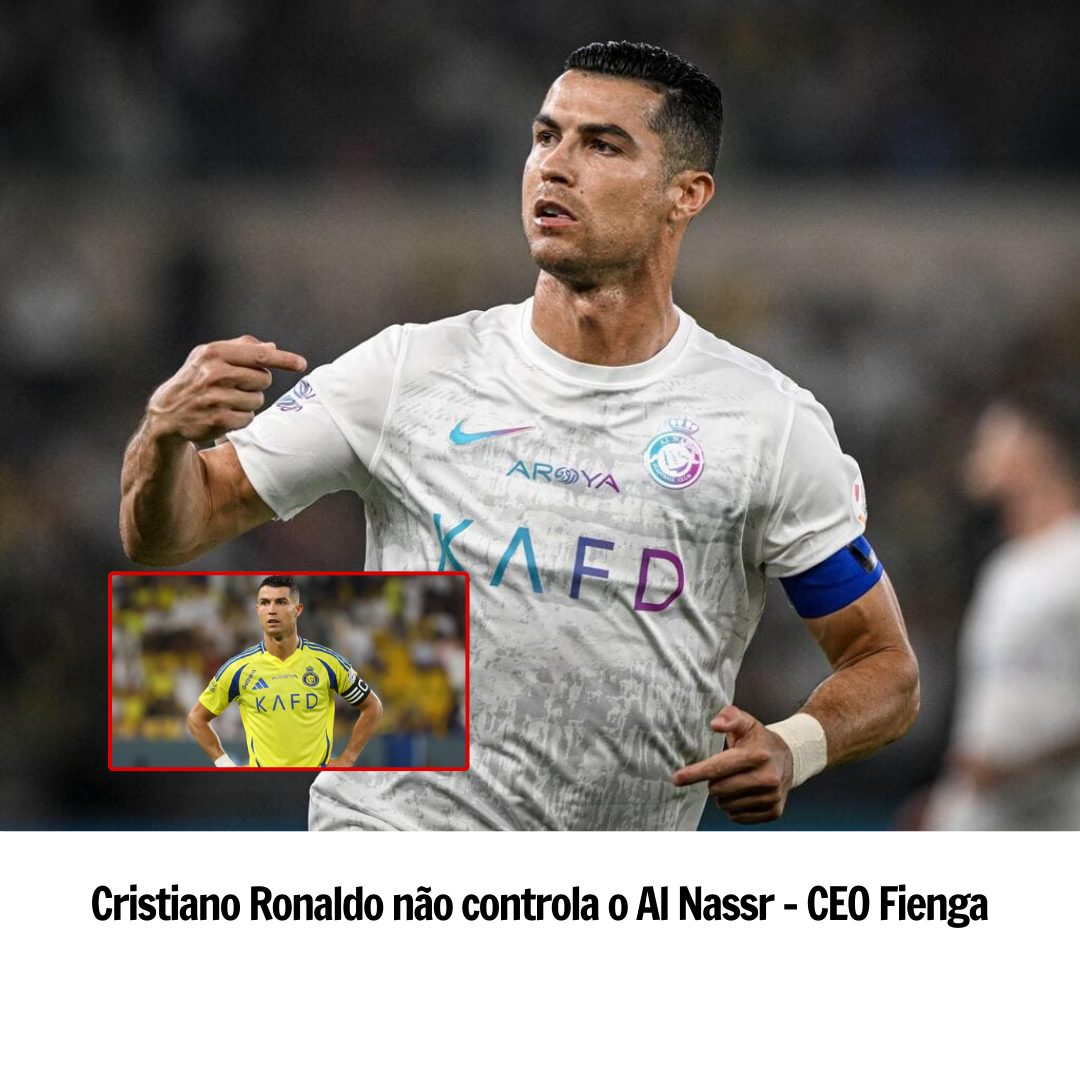Calls last week from UK-based pundits to apply a mercy rule to next year’s Lions tour and have the whole thing called off were as predictable as they were nonsensical.
The Lions would “run riot” and “are better off going to South Africa,” trumpeted ex-England halfback, Ben Youngs. Ex-teammate Andy Goode joined the pile-on, asking “can we campaign for the Lions to flip the tour and go to South Africa, please?”
It begs the question; what if the Australian Rugby Union had followed up the Wallabies’ 76-0 thrashing of England in Brisbane in 1998 by having England turfed out of international rugby until such time they could again demonstrate competitiveness?
How must NZ Rugby be kicking themselves that they didn’t follow up the All Blacks’ 57-0 shellacking of the Springboks in 2017 by insisting they be struck off the Test calendar, told to crawl into a corner and either die or come back at some later date, after they’d learned to play better rugby?
Instead, by England and South Africa being allowed to absorb their heavy defeats and take remedial action of their own accord, both nations were able to turn matters around so quickly they became World Cup champions; five years later in the case of England, and just two, for South Africa.
Yes, the Wallabies have been, as podcaster Jim Hamilton so eloquently put it, “shite”, for too long now. Fed a diet of junk food for two decades now, fans have long-forgotten what fillet steak tastes like.

But Rugby Australia CEO Phil Waugh was right to try to put things into context. The record 67-27 defeat to the Pumas is another in a long line of hurtful mis-steps, but it is wrong to say that this Wallabies side under Joe Schmidt is beyond redemption or incapable of substantial improvement, and isn’t already into that process.
Make no mistake, the Lions tour next year will be competitive and compelling. That’s the nature of Lions series. They are tense and attritional. Every match is played under extreme pressure.
That kind of framing – a kind of levelling off where what is most important is the here and now, not what happened in La Plata a year beforehand – favours the Wallabies. They may not have the class or depth of their opponent, but they will be more familiar with each other and Schmidt’s game plan, more connected in defence, and will be fairly and squarely in the contest.
No matter what happens with the Wallabies for the rest of this year, Schmidt and his inner sanctum will hold no fear of the Lions. Waugh however, is on less secure ground.
This is because the current administration has bet Australia’s rugby future, not on the Wallabies showing improvement or becoming more competitive, but on them winning.
At the time of his appointment as CEO in June last year, Waugh told the Australian Financial Review, “Where I’ll be spending most of my time will be on how we drive high performance to make rugby far more attractive commercially.”

It soon became apparent that this meant ‘all roads lead to the Wallabies.’
In an article in Forbes in February this year, Waugh, Rugby Australia chairman Daniel Herbert, and Alan Ala’alatoa all hit on that same theme, with Waugh pointing out how “performance (AKA “winning”) at the Wallabies level is key to retaining fans and maintaining revenue – to pay for everything else.”
Herbert said, “Simplistically, I look at, well, if we just fix the system that feeds [the Wallabies], it fixes the financial metrics, and it fixes the sentiment of the game, and it can inspire more people to play.”
When asked about the future of Australian rugby, Ala’alatoa even put a number on it: “It all comes back to winning. And with that, you get your future generations wanting to play rugby. You get your pubs filled on the weekends with people wearing the gold jersey, and you get the stories on the back page. If I were to put a number on it, it’d be over 80 per cent [wins].”
All well and good, but aside from turfing one Super Rugby franchise and trying to force the remaining ones into the tent, better aligning the high-performance structure via the appointment of Peter Horne, and asking Schmidt to produce a silk purse out of a sow’s ear, it’s hard to discern what the overarching strategy is that will deliver necessary change.
Waugh’s challenge is to match words with outcomes. And so far, that’s proving elusive.
“[It’s] discipline around our appointment process, recruitment process and then having the right people in the right roles with the right structure,” he also told Forbes. “That’s the off-field stuff in terms of structuring it correctly and getting the world’s best people in those roles.”

World’s best people like David Nucifora? How did that work out?
The danger for Rugby Australia is that when outcomes don’t match expectation, the default position inevitably is to slip into face-saving spin. And the trouble with spin now being such an all-pervasive part of our lives, is that fans see through it straight away.
Nucifora’s exit – seemingly before he’d really even started – was waved away by Waugh as ‘situation normal, nothing to see here’. Just as was New Zealand and South Africa deciding of their own accord to step out of The Rugby Championship to make more money for themselves by exchanging tours, leaving Australia and Argentina as powerless wallflowers.
I’d wager that there wouldn’t be a rugby fan across Australia who, when Waugh says, ‘trust us we have a plan’, doesn’t wish that to be true.
But I’d also wager that none of them would be able to articulate just what that plan is. And with each little chipping away of credibility every time another bout of bad news is glossed over, fewer and fewer people retain the confidence that rugby in Australia can find secure footing and begin again to thrive.
What the Albany debacle in 2017 allowed South Africa to do was ‘clear the decks’ and pave the way for Rassie Erasmus to lead the game and unify supporters and participants behind his vision.
A force for unification doesn’t have to be a single individual; albeit it never hurts to have a figurehead with the blend of gravitas, strategic foresight, bravery and the likeable common touch to pull it all together.

Who is that person in Australian rugby who can say, ‘Don’t worry, I’ve got this’ and for everyone else in the game to believe that to be true? And for it to actually be true?
Ex-chairman Hamish McLennan may have believed he was that person, but he could never be accused of having a unifying, common touch, and was ultimately let down by a lack of judgment.
If not one individual, does Rugby Australia have in their executive management team and on the board, people with the calibre to break down the problem, identify the solution, sufficient standing and connections to ensure political and commercial backing, along with the ability to not only engage with but excite, grassroots followers, and the courage and tenacity to implement and drive a winning vision?
Recent events in New Zealand have shown how none of this is easy. What ails Super Rugby applies across the Tasman as it does Australia. The spiteful three-way stand-off between the player’s association, NZ Rugby and the provincial unions over governance and finances has been frustrating and highly damaging.
When the best thing that has happened to New Zealand rugby this year is the NZ Warriors tailing off to finish 13th in the NRL, you know things are too precarious for comfort.
Back at the start of March, during ‘Super Round’ in Melbourne, senior administrators from Australia and New Zealand met to discuss a range of high-level topics and concerns facing the game in our region.
Speaking with multiple franchise CEOs afterwards, what was common to their feedback was a sense – call it disbelief – at the absence of a strong, decisive strategic vision and plan for the game.

That’s hardly surprising; if Rugby Australia and NZ Rugby individually don’t know what the best path is for their futures, and are (in Australia’s case) so uncertain about their financial position, how on earth can they be expected to agree and align on matters of joint interest? And go to the rugby market with genuine advancements; the kind that rekindle lost interest and get people feeling good about rugby again?
That’s how we ended up last week with a ‘major announcement’ being little more than more of the same for Super Rugby in 2026. Yes, there’s a new finals format, but that’s only because there’s one fewer team.
That also means one fewer match each week which, for hardcore rugby fans, is hardly a positive.
What is most telling however, is that there is no genuine indication of what Super Rugby will look like from 2026 onwards, or whether it will even continue at all. So, into that void steps speculation and innuendo; every man and his dog throwing up alternative competition models – trans-Tasman or domestic – that do little more than continue to undermine sentiment for the game, and/or allow people to vent their frustrations.
Super Rugby has thus become one of those middle-grade players who, nearing the end of their career, are signed on for another one-year contract, mostly because the franchise hasn’t found any better options.
Just as well then, Ben Youngs and Andy Goode aren’t in decision-making roles with respect to the Lions tour. If they took that away from us, what would we have left?





